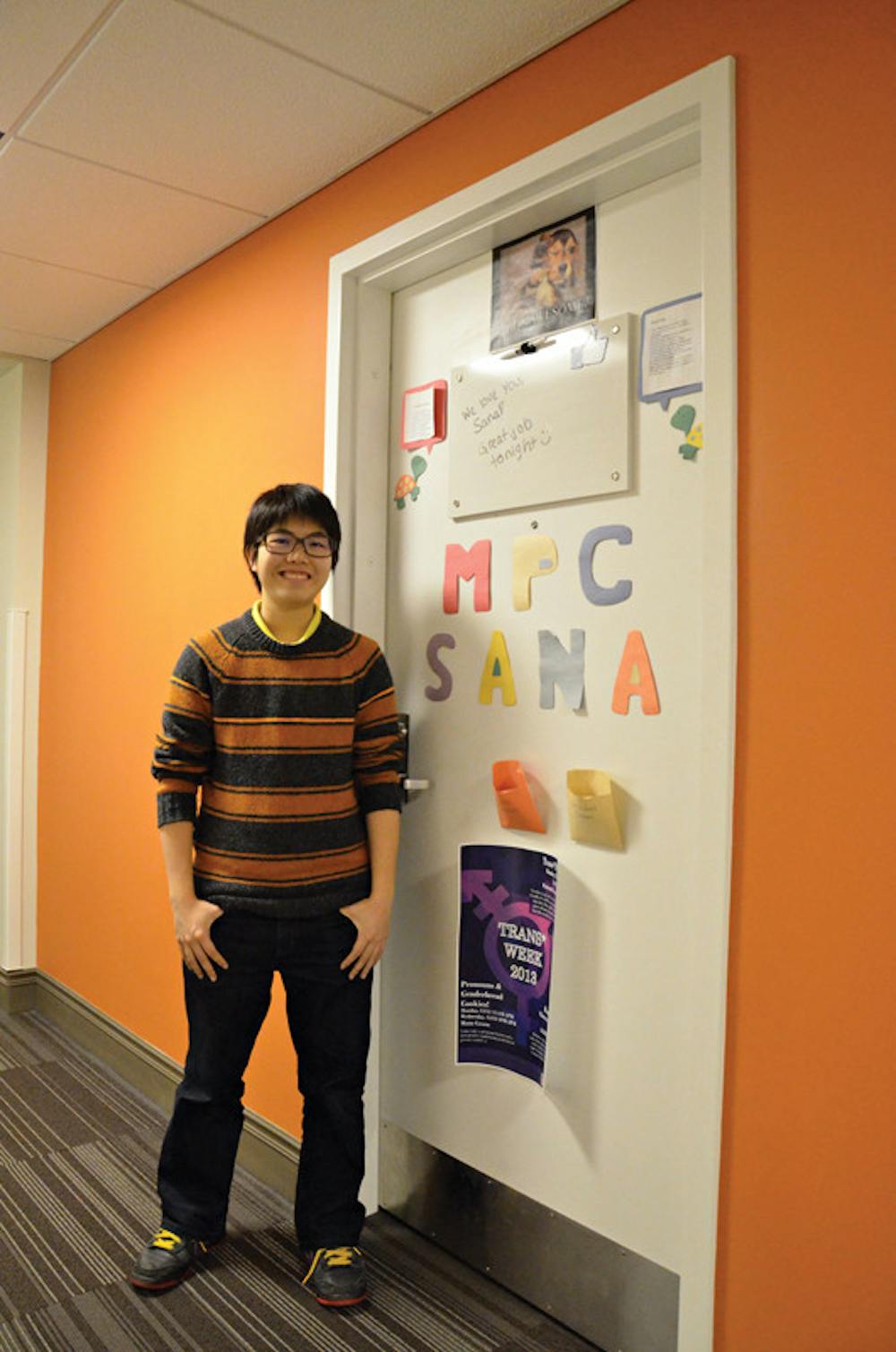The Third World Center’s Minority Peer Counselor Program is celebrating its 40th anniversary on campus this year. Celebration festivities have included a “Back to Campus” weekend for former MPCs, which took place Oct. 18-20, and an oral history project on the program and student activism on campus.
“The 40th anniversary is pretty spectacular,” said Shane Lloyd MPH ’11, the TWC’s assistant director for first-year and sophomore programs. “Not every university has a community of students who are willing to openly provide an opportunity for students to have conversations about critical aspects of identity, and also a program that has a long history of advocating for the needs of students of color.”
Lloyd said the program will attempt to expand its 40th anniversary celebration into next year to coincide with the University’s 250th anniversary. The University is hoping to incorporate diverse perspectives in its celebration, Lloyd said, adding this ideal is already embedded in the MPC program.
“Forty years of this program is just amazing,” said Vanessa Flores-Maldonado ’14, who served as an MPC in East Andrews during her sophomore year. “It shows how far the program, the Third World Center and Brown in general have come.”
The “Back to Campus” weekend included a number of events that brought together MPC alums with current MPCs, parents and other students. It included an MPC workshop called “Playthings: How Our Toys Play Us,” a TWC tradition that explores how children’s toys have been used as tools of oppression and carry racial representations.
The weekend also included a Resistance Tour, in which student volunteers re-enacted notable student protests from the University’s history, and a discussion about the future of the TWC.
The oral history project is a collection of reactions from former MPCs and discussions between current and former MPCs about their experiences with the program.
The MPC program was founded by African-American students in January 1973, according to the program’s website. Its main goal is “to raise awareness of the many barriers that continue to challenge minority students’ ability to thrive in a diverse environment.”
Over the years, the MPC program has been closely connected to a spirit of student activism, as the Resistance Tour aimed to demonstrate. The Resistance Tour highlighted a strong history of minority student-led protests in 1968, 1975 and 1985 on various issues of equal rights.
The MPC program holds workshops throughout the year, which typically attract 60 to 70 students per event, Lloyd said. The counselors live in the residence halls alongside first-year students, Resident Counselors and Women’s Peer Counselors. Both Lloyd and Flores-Maldonado said they agree that MPCs are helpful for students who are looking to have conversations about social identity.
“A big aspect of having MPCs in the residence halls is that they keep racial identity at the forefront of conversations,” Lloyd said. “They provide accessible channels for people who are interested in talking about social identity and those who are trying to navigate other sticky situations which might be rooted in uncomfortable conversations.”
“There were times where it was good that I was there to deal with certain sensitive situations I had been trained for,” Flores-Maldonado said. “Even though some people don’t know what an MPC entails, it’s good that there is that person down the hall.”
The MPC program has several prominent alums, including CEO of Black Entertainment Television Debra Lee ’76 and President of the World Bank Jim Yong Kim ’82. Lloyd noted that the event’s planners would like to highlight these success stories, among others.
Lloyd also said the program has evolved during his time at the TWC. He believes that the workshop model has allowed students to see MPCs as resources for helping them navigate all social constructs and not just those related to race. Both Lloyd and Flores-Maldonado said that the program will continue to change.
“The program will definitely be different in 40 years,” Flores-Maldonado said. “It will be a reflection of the society we live in, what the student body needs and what feedback the students should receive.”

ADVERTISEMENT
More




